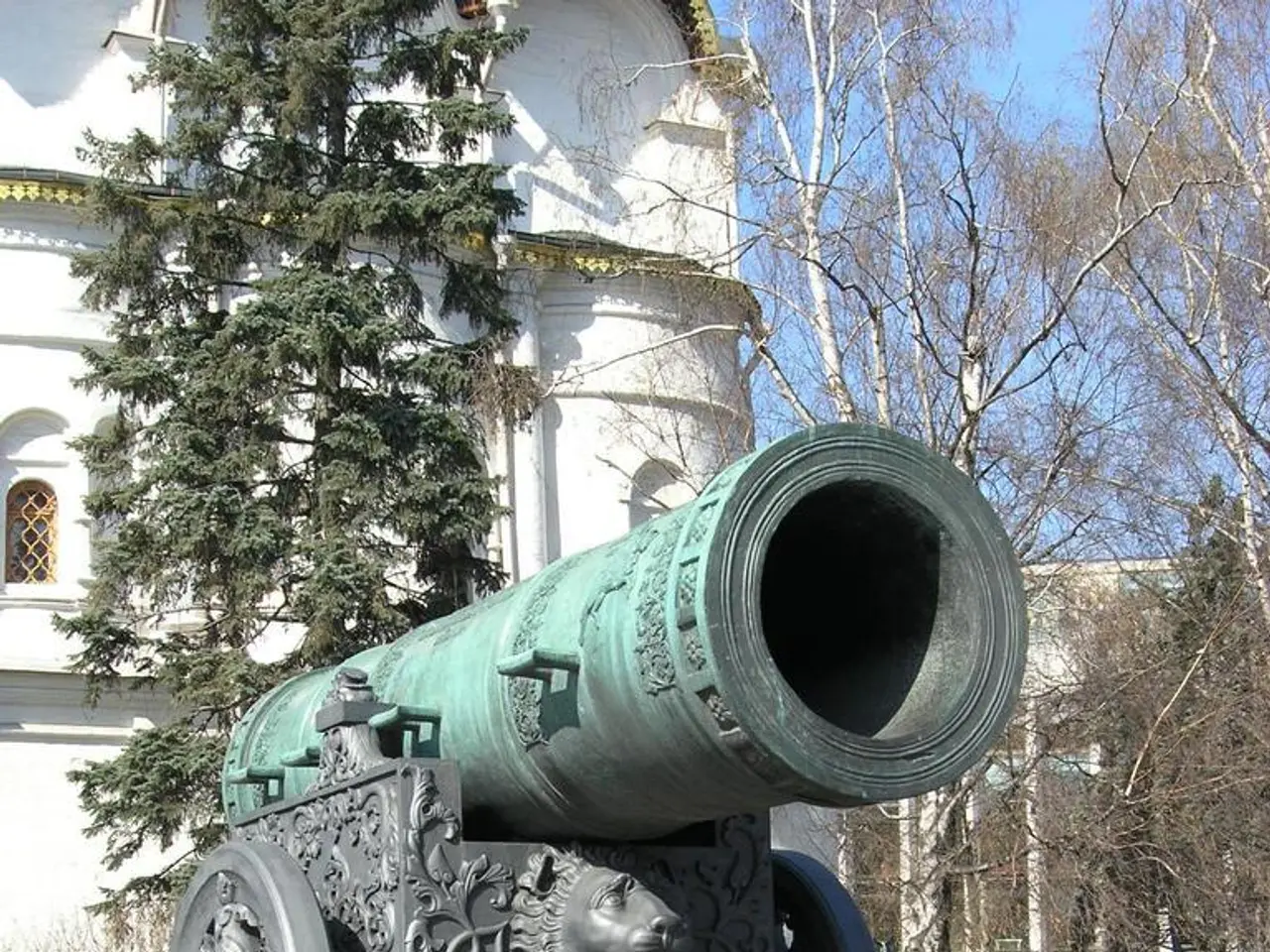Celebrating a work anniversary, Putin honors the railroad workers of Russia on their designated day.
On the first Sunday of August, Russia celebrates Railway Worker's Day, a day that honours the tens of thousands of individuals who keep the country's railway network running smoothly. This year, the celebration holds a special significance as it coincides with the 80th anniversary of the Victory in the Great Patriotic War.
In a congratulatory speech, Russian President Vladimir Putin highlighted the crucial role of railway workers in supplying the Armed Forces of Russia during external threats. He emphasised that railway workers have ensured the transportation of heavy military equipment, personnel, and supplies primarily via rail, a role that has been vital historically and continues to be essential in contemporary military logistics.
During the Great Patriotic War, the Soviet railway system was indispensable for moving troops, tanks, weapons, and supplies to the front lines. The war effort's logistics depended heavily on rail transport for efficient and mass delivery of military goods. Allied Lend-Lease aid, including railroad cars, locomotives, and trucks, significantly enhanced the Soviet ability to sustain offensives by facilitating logistical reach, preventing Soviet advances from stalling due to supply shortages.
In contemporary times, railways remain the backbone of Russian military logistics. Heavy armored vehicles cannot travel long distances on their own tracks; thus, railway transport is the most efficient method to deploy them quickly over vast distances. This strategic importance is highlighted by Russia’s focus on securing railway lines and hubs during military operations to move reinforcements and supplies reliably.
Russia has also developed specific protections for military railway logistics, such as armored rail connections in occupied Crimea, ensuring supply lines for personnel, equipment, and ammunition while mitigating threats, including attacks by drones.
Recent conflicts, such as Russia’s operations in Ukraine, underscore the vulnerability and importance of rail logistics. Attacks on Russian railway junctions have severely disrupted military transport, revealing logistical challenges such as dependence on aging railway electrification systems and difficulties in rapid locomotive replacement.
Putin stated that current railway workers are coping with similar challenges today, drawing parallels between the complex tasks railway workers had to solve during the Great Patriotic War and the tasks they face today. He praised the memory of the feat of Russia's predecessors during the Great Patriotic War as an inspiration for current railway workers.
Railways in Russia connect cities from Kaliningrad to Vladivostok, providing a crucial means of transportation for long-distance travel, electric trains, and suburban commuting. As Russia faces external threats, the role of railway workers in ensuring the smooth operation of military logistics becomes even more critical.
Sources:
- TASS
- The National Interest
- The Diplomat
- RFE/RL
- In his speech, Russian President Vladimir Putin emphasized that contemporary military logistics heavily relies on railway workers, as it did during war-and-conflicts like the Great Patriotic War, where politics played a significant role.
- As Russia navigates through general-news and external threats, the vital role of railways in military logistics remains evident, ensuring the smooth operation of supplies, reinforcements, and heavy military equipment, much like the전염자의 메모전 (The War Memoirs of a Trans-Siberian Express Train) that connected cities from Kaliningrad to Vladivostok.








